SLAAKMAN
Posts: 2725
Joined: 7/24/2002
Status: offline

|

quote:
Nearly unknown today, this extraordinary book deserves to be a classic. A gifted writer, Chambers soars whether discussing the world crisis that led him to Communism, his life underground, the trials of the establishment turning against him, and the religious faith that saw him through. Chambers emerges as a profoundly conscience-driven man, one whose human feelings kept him ever so slightly out of step with Communism as a party member, and which caused him repeatedly to consider the humanity of former comrades he ended up having to attack in trying to save his nation.
Whittaker Chambers joined the American Communist Party in the 1920s. He was then recruited into the separate Soviet-run Communist underground. He helped form a secret ring of Communists among New Deal officials who then spied on their own country, passing documents to the Soviets. Chambers led the ring for about three years before his growing disillusion with Communism led him to risk his life by breaking with the party in 1937, at the height of Stalin's purges.
He grew personally close to Alger Hiss, a New Deal lawyer with sterling credentials - including Harvard Law and working as a clerk for Supreme Court Justice Oliver Wendell Holmes. Hiss served in the Agriculture, State and Justice departments and later became president of the Carnegie Endowment for World Peace. He helped create the United Nations and advised Roosevelt at Yalta, where the ailing president ceded Eastern Europe to the Soviets, condemning it to half a century of Communist domination. Chambers' break with the party, and his later focus on Hiss in his accusations, is made poignant by the intensity of his friendship with Hiss.
Hiss's supporters defended him for decades. Conservatives, meanwhile, raised troubling questions about not only the UN and Yalta but about the nation's China policy leading up to the Communist takeover in 1949. They were labelled paranoid as a result. But decrypts of Soviet wartime cables called the Venona Files, kept secret until the 1990s, strongly suggested the guilt of Hiss and other officials suspected during the McCarthy era.
Chambers in 1939 told a high-ranking State Department official what he knew, but nothing was done. He went to work for Time magazine, becoming a star editor. In 1948, the House Un-American Activities Committee, spurred on by a young Richard Nixon, began hearings with Chambers as the main witness that Hiss had secretly been a Communist. The affair went on for nearly two years, including two trials of Hiss for perjury, ending in Hiss's conviction and three years in prison. Hiss also sued Chambers for slander, and a grand jury investigated Chambers' espionage charges. Another highly placed spy was Harry Dexter White, an assistant to FDR's treasury secretary. Long under suspicion, White died before being prosecuted. The affair saw dramatic twists and turns including Chambers' sensational production of long-hidden documents in Hiss's handwriting or typed on his typewriter - that Chambers stashed for safekeeping and briefly hid in a pumpkin before producing them as evidence.
The Hiss affair exposed a seamy underside to upbeat New Deal liberalism, suggesting its ranks were riddled with Communists loyal to a foreign government. Chambers saw the Russians succeed not only in spying but in shaping U.S. policy through their agents, furthering their efforts at world revolution and weakening this country.
In denial, the liberal establishment responded with the worst sort of personal attacks on Chambers, rather than support any honest efforts to get at the truth. The Republican HUAC worked at cross purposes with the Democratic Justice Department, one attempting to make Chambers' case and the other to discredit him. Reporters overwhelmingly sympathized with Hiss, an early instance of liberal press bias.
_____________________________
Germany's unforgivable crime before the Second World War was her attempt to extricate her economy from the world's trading system and to create her own exchange mechanism which would deny world finance its opportunity to profit.
— Winston Churchill
|
 Printable Version
Printable Version
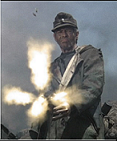









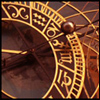


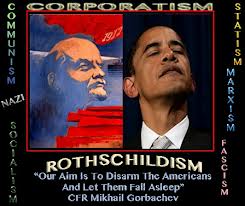


 Hope its as good as French Battleships 1922-1956 by Jordan and Dumas.
Hope its as good as French Battleships 1922-1956 by Jordan and Dumas.
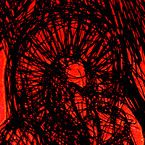

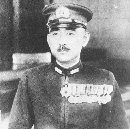






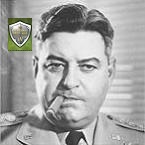




 New Messages
New Messages No New Messages
No New Messages Hot Topic w/ New Messages
Hot Topic w/ New Messages Hot Topic w/o New Messages
Hot Topic w/o New Messages Locked w/ New Messages
Locked w/ New Messages Locked w/o New Messages
Locked w/o New Messages Post New Thread
Post New Thread